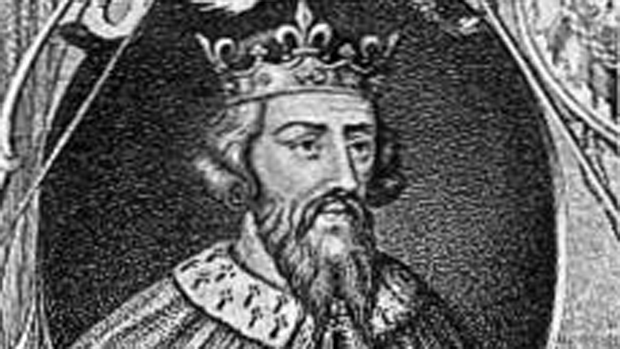Have King Alfred the Great's remains been found in Winchester?
Archaeologists say pelvis fragment is probably from Anglo-Saxon king or his son, King Edward the Elder

A free daily email with the biggest news stories of the day – and the best features from TheWeek.com
You are now subscribed
Your newsletter sign-up was successful
MOVE over King Richard III, there's a new set of royal remains in town.
Part of the pelvis of King Alfred the Great - the ninth century monarch who ruled the Anglo-Saxon kingdom of Wessex - has been found by a team of archaeologists in Winchester, the BBC reports.
At least, it probably belongs to Alfred. If it doesn't, the pelvis fragment probably comes from the body of his son, King Edward the Elder, the archaeologists say.
The Week
Escape your echo chamber. Get the facts behind the news, plus analysis from multiple perspectives.

Sign up for The Week's Free Newsletters
From our morning news briefing to a weekly Good News Newsletter, get the best of The Week delivered directly to your inbox.
From our morning news briefing to a weekly Good News Newsletter, get the best of The Week delivered directly to your inbox.
"It's likely to be one of them, I wouldn't like to say which one," Kate Tucker from Winchester University told reporters at a press conference today.
Reuters points out that the discovery comes "less than a year" since the remains of King Richard III were unearthed beneath a council car park in Leicester.
Alfred can claim to be superior to Richard III in at least one regard: he is the only English king to be called 'the Great'. Famed for military victories against the Vikings, he is known to generations of school children as the king who absentmindedly burned some 'griddle cakes' as he took refuge in a peasant's hut.
The fragment of pelvis bone was originally found in 1999 during an archaeological excavation at Winchester's Hyde Abbey. It was put into storage alongside animal remains at Winchester's City Museum, before being unearthed again and sent for analysis.
A free daily email with the biggest news stories of the day – and the best features from TheWeek.com
Dr Tucker says the bone fragment came from a man who was about 40 years old at the time of his death, leading her to believe it could be either Alfred or his son Edward.
"These are the bones that were found closest to the site of the [abbey's] high altar," she said. "As far as we know, from the chronicles and the records, the only individuals close to the site of the high altar who are the right age when they died and the right date when they died would either be Alfred or Edward."